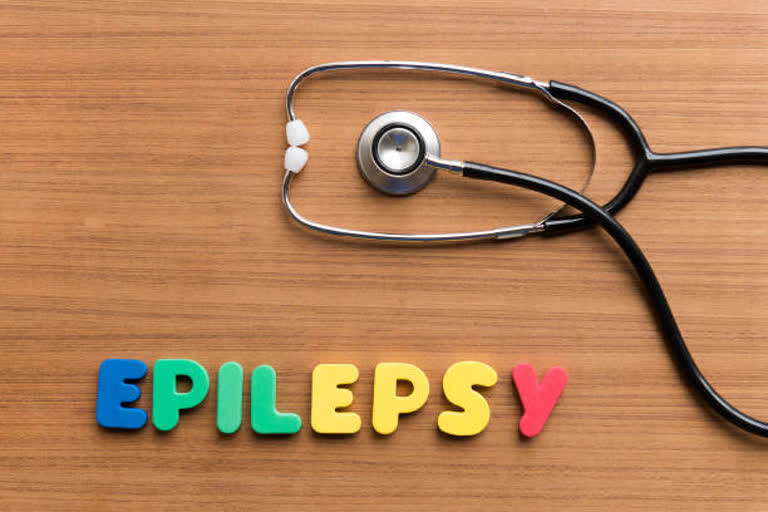Hyderabad: Epilepsy is like any other disease, but in our country, there are many superstitions and myths regarding this disease not only in rural areas but also among the urban population. As a result, epilepsy patients face social discrimination and problems in their day-to-day life, far from getting the right treatment at the right time. National Epilepsy Day is observed on November 17th in the country not only to eradicate the widespread superstitions about epilepsy but also to educate people about the treatment of this disease and the care of epilepsy sufferers.
Epilepsy is a neurological disorder in which a person has repeated seizures. Brain cells known as neurons communicate with each other through electrical impulses. In this condition, abnormal brain waves are generated in the patient's brain, causing brain disorders and affecting the victim's body balance and movements. Epileptic symptoms also vary according to the condition of the patient. Such as fainting, tremors in hands and falling. Sometimes these seizures can be caused by another disease.
According to the data of the Indian Epilepsy Association, around five to sixty million people worldwide were suffering from epilepsy in the year 2019. On the other hand, if some other statistics are to be believed, only 1.20 crore people are currently suffering from epilepsy in India. According to an estimate, 5-6 people per thousand are suffering from this disease in our country at present. Along with this, data from the World Health Organization shows that every year around 2.5 million people around the world are victims of this disease. This means that the statistics associated with this serious problem are constantly increasing.
If epilepsy sufferers get proper treatment on time, the patient can recover completely and lead a normal life. But the irony is that 70 per cent of epilepsy patients in India do not receive proper treatment as per international standards. National Epilepsy Day observed on November 17th is an opportunity to educate the people in villages, towns and cities about this disease and its remedies.
The seriousness of this disease can be estimated from the fact that if this problem is not treated at the right time, it can cause serious damage to your brain. Talking about the causes of epilepsy, neurocysticercosis is the most common cause of epilepsy in people aged 15 to 50 years. Also, its causes include heredity. Usually, the symptoms of epilepsy begin to appear between the ages of 5 and 20 years. But sometimes the symptoms of epilepsy can appear later due to medical or accidental causes, such as a deep head injury from a fall, stroke, brain tumour, diseases like dementia and Alzheimer's, meningitis, congenital mental problems, emotional stress and lack of sleep, and abnormalities in brain blood cells etc.
Also read: World Population hits 8 Billion today!
Epilepsy symptoms usually depend on the part of the brain that is affected and how the disturbance is spreading to other parts of the brain. That is why different people can see different symptoms of this disease. In addition to seizures, the most prominent symptoms of epilepsy include body movement changes, emotional changes, gait disturbances, disturbances in vision, hearing and taste recognition, and fainting.
It is very important for epileptic patients to always take precautions and avoid activities that may increase their chances of having seizures. Some of the precautions prescribed by doctors for epilepsy patients are:
- Wear a helmet while riding a bicycle or any two-wheeler.
- Get enough sleep.
- Avoid excessive consumption of alcohol or drugs.
- Avoid bright lights.
- Stay away from stress.
- Do not sit in front of the TV and computer for a long time.
What to do in case of a seizure:
- Don't panic.
- Move away sharp objects from the patients in case of a seizure.
- Loosen the clothing around the patient's neck.
- Lay the patient on one side so that they are comfortable if saliva or any liquid comes out of their mouth.
- Place a soft and thick pillow or cloth under their head for support.
Points to note:
- Epilepsy patients should take their medication regularly.
- Consult a doctor before taking any other medicine.
- Do not stop epilepsy medication without a doctor's advice.
- People who have seizures should not consume alcohol.



